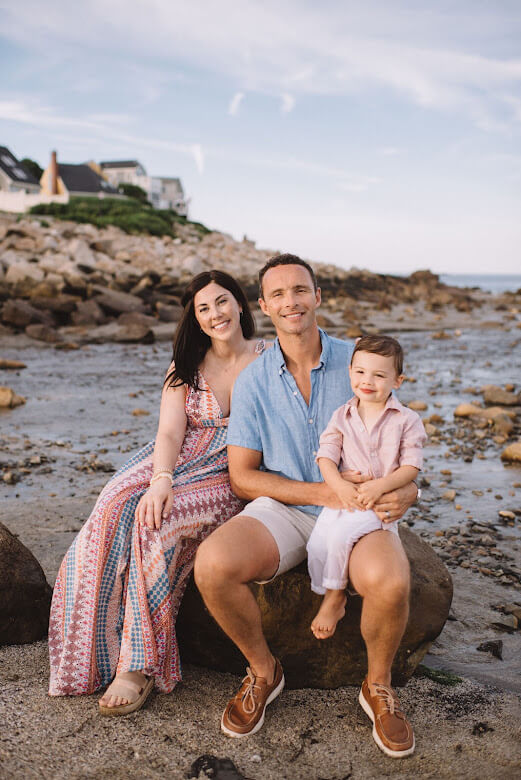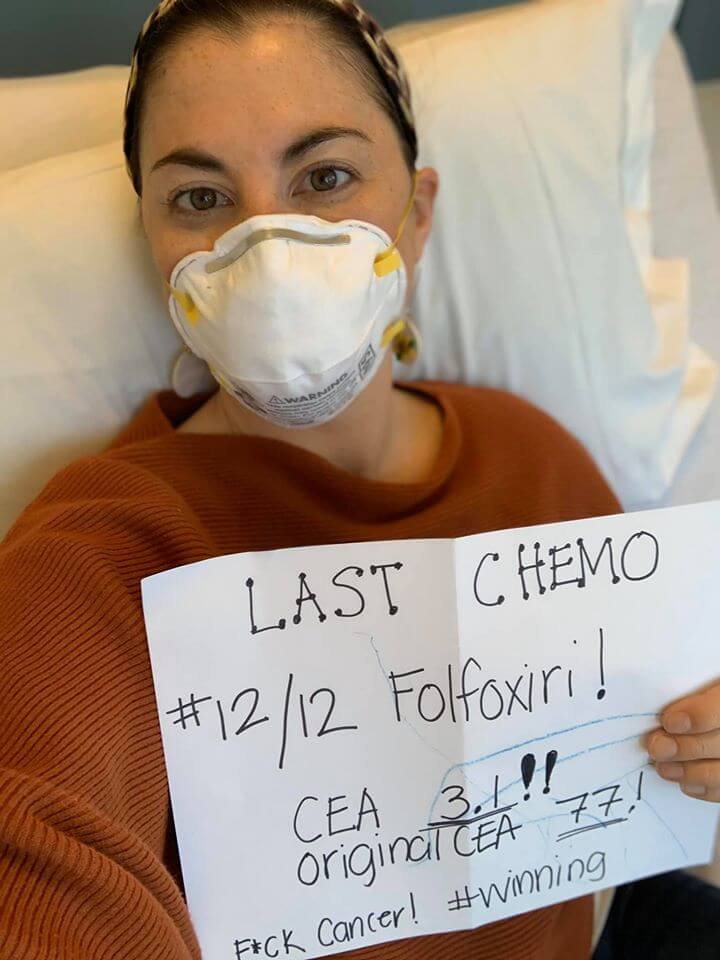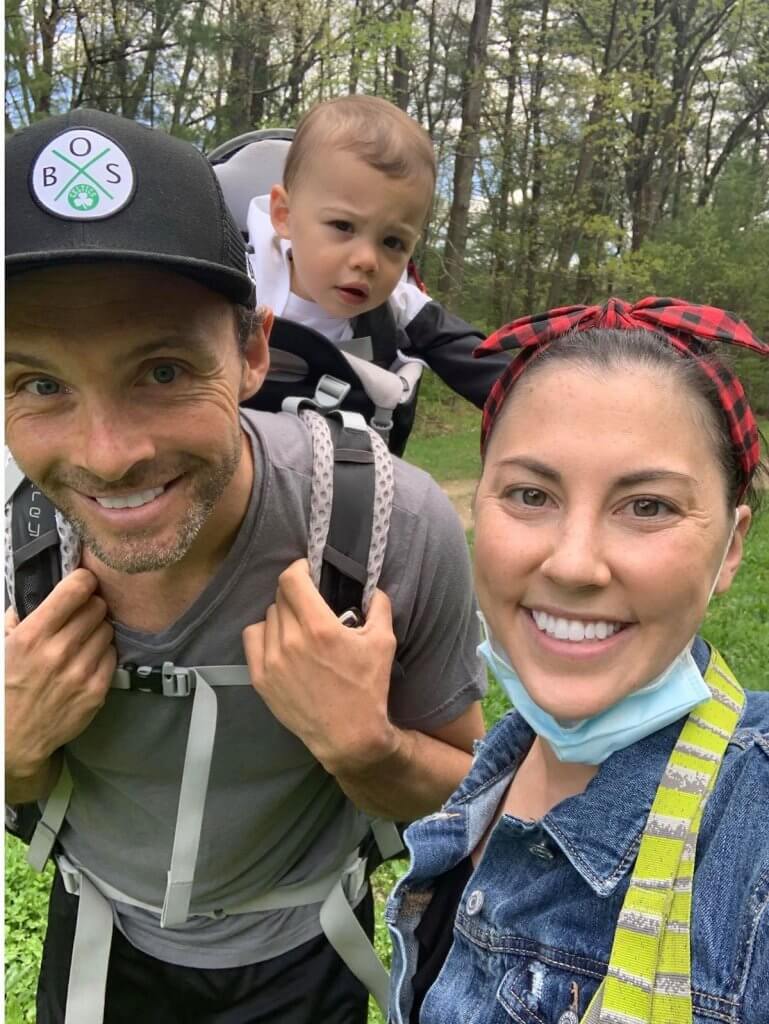Cancer is a disease that’s often associated with older people; however, a growing number of younger patients are being diagnosed with colorectal cancer. Since the 1990s, the rate of colorectal cancer diagnoses has more than doubled in adults age 20 to 49.
Alexa Morell is one of these patients. She didn’t expect her diagnosis: metastatic colorectal cancer.
“I thought that I was a perfectly healthy 29-year-old mother,” Morell says. “I thought cancer was an old person’s disease and that’s completely untrue.”

Morell’s life was upturned by her diagnosis and treatment. Balancing a full-time job with being a mother and wife and managing her medical care was emotionally overwhelming, she says. Thankfully, she was able to turn to the social work resources at Dana-Farber Brigham Cancer Center.
A unique program
Dana-Farber’s Young-Onset Colorectal Cancer Center is one of the only cancer centers in the country to offer social work that is exclusively tailored to young patients with colorectal cancer. Aside from treatment and research, the Center provides social support in the form young person support groups, workshops on parenting with cancer, and seminars on managing a career during cancer treatment.
“Our nursing and physician colleagues are focused on how the patients are doing physically; clinical social workers like myself are thinking about everything else,” says Kalen Fletcher, MSW, LICSW, a social worker who meets with patients like Morell. “What is going on psychosocially, what is going on within a family system, who are this patient’s supporters, do they have any mental health history — these are all things we consider and help with.”
Fletcher notes that patients with young onset colorectal cancer are “a really unique age group with a lot of unique needs,” she notes. For example, many young patients require support in handling body issues after ostomies or ileostomies, procedures that can leave scarring on the abdomen.
For a lot of these patients, the medical system is also completely new, Fletcher notes.
For these patients and their caregivers, Fletcher wants to create a “safe space” where patients don’t have to put up a front of toughness.

“I want patients to be able to talk through really difficult issues with people that they don’t feel they need to protect,” she says.
Other common difficulties she encounters with patients with young-onset colorectal include the impact the disease can have on their professional careers and how to navigate the topic with their children, if they have any.
Morell can personally relate to this struggle. Now three, her son will want to know what his mother is going through.
“He doesn’t really know me any other way aside from the me that is going through treatment,” Morell says.
How to describe why she is different from other mothers is exactly what Fletcher tries to help patients work through.
Fletcher helps patients like Morell by not only speaking with them, but also guiding them to tailored workshops and support groups suited to their disease and experiences. There are groups for patients with metastatic disease, patients with early-stage cancer or who are entering the survivorship stage, and another group for caregivers.

Dana-Farber offers a wide variety of services that Fletcher also recommends to her patients based on their needs. Morell found great comfort in the meditation courses offered at the Leonard P. Zakim Center for Integrative Therapies and Healthy Living at Dana-Farber.
“Meditation is something you can do anywhere,” she says. “I did it at the hospital and I do it at home.”
Morell says the most important lesson she’s taken with her is that she isn’t alone in her journey, and that the Dana-Farber team is dedicated to understanding why younger people are being diagnosed with cancer.
“It is so helpful to know that you’re not the only one going through this,” she says.
